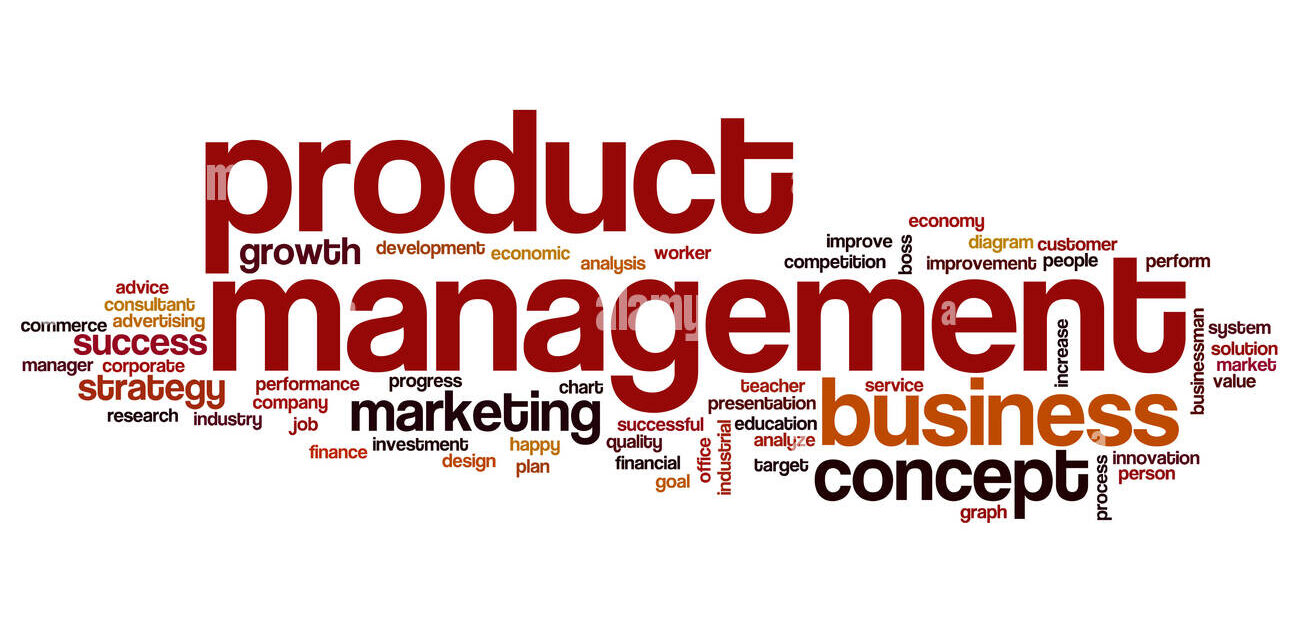What is Product Management?
Product Management Essentials
Product Management
A Comprehensive Guide
Additional Reading
Project Management – What is Project Management?
Program Management – What is Program Management?
Keys Skills for Project Managers – 11 Essentials Skills for Project Managers
Key Skills for Program Managers – 12 Must have skills for Program Managers
Must-have Skills for Product Manager – 12 Key Skills for Product Managers
Introduction
Product Management is a critical process for any business that wants to develop successful products and achieve sustained growth. It involves the strategic planning, development, launch, and ongoing management of products and services to meet customer needs and achieve business objectives. In today’s fast-paced and highly competitive market, companies need to have a clear and strategic approach to product development, one that is informed by a deep understanding of customer needs and preferences, as well as the latest trends and innovations in the industry.
Product Management is the process of bringing a product to market and ensuring its success throughout its lifecycle. Product Managers are responsible for guiding a product from conception to launch, and beyond, ensuring that it meets the needs of both customers and the business. It also involves understanding customer needs, developing a product vision and strategy, coordinating cross-functional teams, and launching products that meet customer needs and drive business growth.
What is Product Management?
Product Management is the process of overseeing a product’s lifecycle from conception to launch and beyond. This includes everything from conducting market research to identify customer needs, defining product features and specifications, collaborating with cross-functional teams to develop the product, and analyzing performance to inform ongoing improvements and updates. It is the process of guiding a product from ideation to market launch, as well as ongoing updates and improvements.
Product Manager is the person responsible for overseeing all of these activities and ensuring that the product meets the needs of customers while also aligning with the goals of the business. Product managers work closely with cross-functional teams, including engineering, design, marketing, and sales, to ensure that the product is successful in the marketplace. Product managers must also have a deep understanding of the market, the competition, and the target customer in order to make informed decisions about product features, pricing, and positioning. Product managers are also responsible for identifying customer needs, defining the product vision, and working with cross-functional teams to develop, launch, and maintain the product.
The responsibilities of a product manager can vary depending on the organization and the specific product or service being developed. In this blog, we’ll discuss the responsibilities, skills and tools for program management.
Responsibilities of a Product Manager
1. Ideation: This stage involves generating ideas for new products or improving existing products. Product managers may conduct market research, speak with customers, and analyze competitor products to inform the ideation process.
2. Market research: Product managers must have a deep understanding of the market and the needs of customers. They conduct research to identify customer needs and preferences, analyze trends and competitive offerings, and gather feedback from users and stakeholders.
3. Planning: Once an idea has been identified, product managers develop a plan for bringing the product to market. This may involve defining the product vision, creating a roadmap, and setting goals and metrics for success.
4. Product Strategy: Based on their research, product managers develop a product strategy that outlines the goals, features, and roadmap for the product. They must balance customer needs with business objectives to create a product that is both successful and profitable.
5. Development: In the development stage, cross-functional teams such as engineering, design, and marketing work together to build the product. Product managers oversee the development process and ensure that the product is aligned with the product vision and meets customer needs.
6. Launch: When the product is ready to launch, product managers work with marketing and sales teams to create a launch strategy, build buzz, and drive adoption.
7. Maintenance: After the product has launched, product managers continue to monitor its performance and make improvements based on customer feedback and market trends. This may involve releasing updates, adding new features, and addressing any issues or bugs that arise.
Skills Required for Product Management
1. Strategic thinking: A product manager must be able to think strategically and develop a long-term vision for the product.
2. Communication: Product managers must be able to communicate effectively with cross-functional teams, stakeholders, and customers.
3. Leadership: Product managers must be able to lead and motivate teams to achieve shared goals.
4. Data analysis: Product managers must be able to use data to inform decision-making and measure product performance.
5. Technical knowledge: While not always necessary, product managers with technical expertise can better communicate with engineers and make informed technical decisions.
Advantages of Effective Product Management
1. Increased revenue: By building products that meet customer needs, businesses can increase revenue and profitability.
2. Improved customer satisfaction: Products that are well-designed and meet customer needs can help improve customer satisfaction and loyalty.
3. Faster time-to-market: By following a structured product management process, businesses can bring products to market more quickly and efficiently.
4. Competitive advantage: Building products that outperform the competition can help businesses gain a competitive advantage in the market.
Tools for Product Management
1. Product management software: There are many software tools available that can help product managers plan, track, and manage product development initiatives.
2. Analytics platforms: Analytics platforms can provide insights into customer behaviour, product performance, and market trends, which can inform product strategy and decision-making.
3. Collaboration tools: Collaboration tools such as Slack and Asana can facilitate communication and project management among cross-functional teams.
4. Customer feedback tools: Tools such as UserVoice and SurveyMonkey can help product managers collect and analyze customer feedback, which can inform product updates and improvements.
Conclusion
Product management is a critical function within any organization that creates and sells products or services. It involves a wide range of activities, including market research, product ideation, development, and launch, as well as ongoing support and maintenance. The product manager is responsible for overseeing all of these activities and ensuring that the product meets the needs of customers while also aligning with the goals of the business. To excel in this role, product managers must have a diverse set of skills, including strategic thinking, customer empathy, collaboration, communication, and analytical skills.
In conclusion, product management is a critical process for building successful products that meet customer needs and drive business growth. By understanding customer needs, developing a product vision and strategy, coordinating cross-functional teams, and launching products that meet customer needs and drive business growth, product managers can build successful products that drive business success. To be a successful product manager, it’s essential to have a combination of technical, business, and interpersonal skills.



Comments are closed.